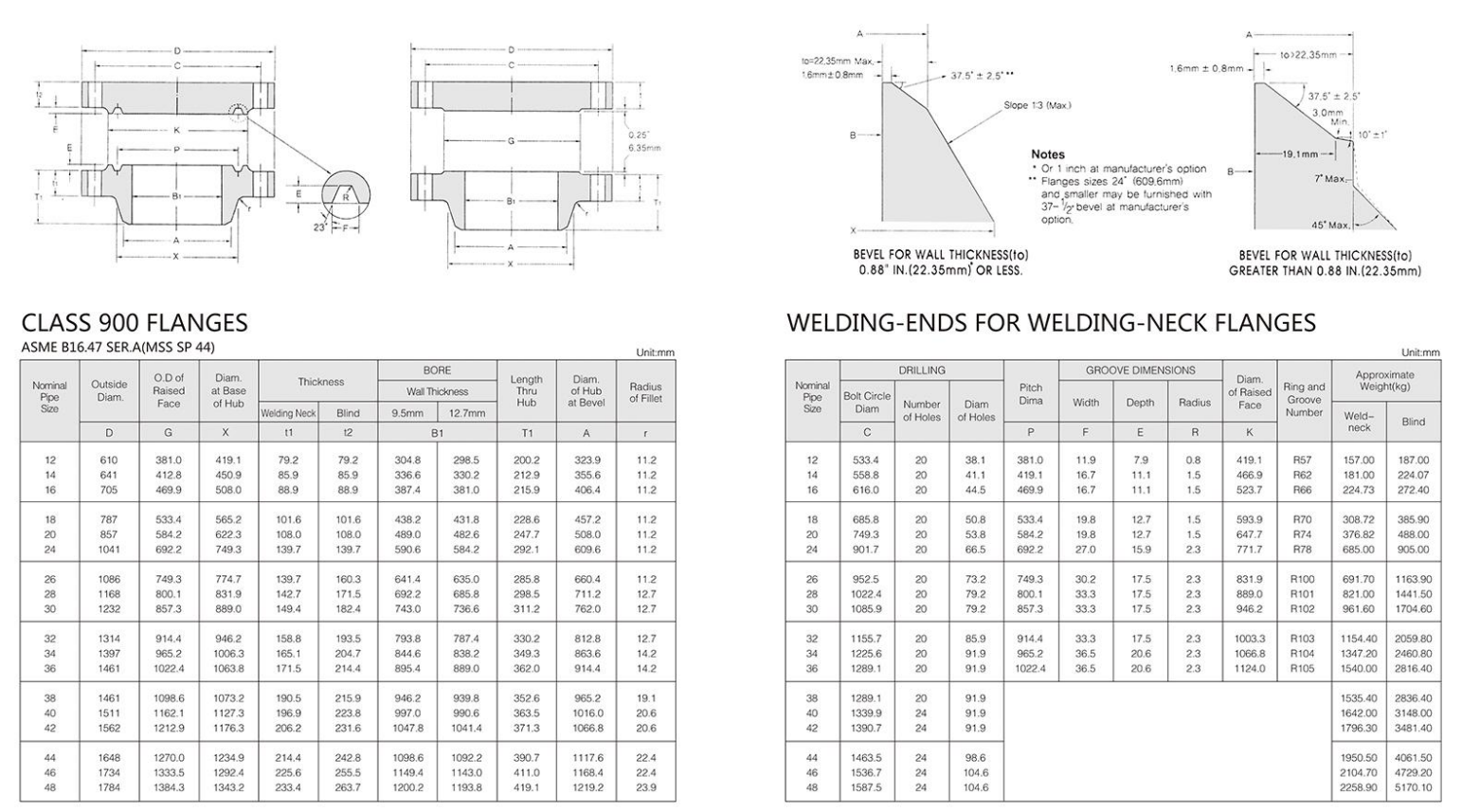-
Cangzhou Yulong Steel Co., Ltd.
-
Phone:
+86 13303177267 -
Email:
admin@ylsteelfittings.com
- English
- Arabic
- Italian
- Spanish
- Portuguese
- German
- kazakh
- Persian
- Greek
- French
- Russian
- Polish
- Thai
- Indonesian
- Vietnamese
- Zulu
- Korean
- Uzbek
- Hindi
- Serbian
- Malay
- Ukrainian
- Gujarati
- Haitian Creole
- hausa
- hawaiian
- Hebrew
- Miao
- Hungarian
- Icelandic
- igbo
- irish
- Japanese
- Javanese
- Kannada
- Khmer
- Rwandese
- Afrikaans
- Albanian
- Amharic
- Armenian
- Azerbaijani
- Basque
- Belarusian
- Bengali
- Bosnian
- Bulgarian
- Catalan
- Cebuano
- China
- China (Taiwan)
- Corsican
- Croatian
- Czech
- Danish
- Esperanto
- Estonian
- Finnish
- Frisian
- Galician
- Georgian
- Kurdish
- Kyrgyz
- Lao
- Latin
- Latvian
- Lithuanian
- Luxembourgish
- Macedonian
- Malgashi
- Malayalam
- Maltese
- Maori
- Marathi
- Mongolian
- Myanmar
- Nepali
- Norwegian
- Norwegian
- Occitan
- Pashto
- Dutch
- Punjabi
- Romanian
- Samoan
- Scottish Gaelic
- Sesotho
- Shona
- Sindhi
- Sinhala
- Slovak
- Slovenian
- Somali
- Sundanese
- Swahili
- Swedish
- Tagalog
- Tajik
- Tamil
- Tatar
- Telugu
- Turkish
- Turkmen
- Urdu
- Uighur
- Welsh
- Bantu
- Yiddish
- Yoruba

Dec . 11, 2024 07:28 Back to list
dn100 ansi 150 flange
Understanding DN100 ANSI 150 Flange Specifications, Applications, and Benefits
Flanges are essential components in piping systems, serving as a connection point between different segments of pipes, valves, and other equipment. The term DN100 ANSI 150 flange refers to a specific type of flange standardized under the American National Standards Institute (ANSI) and is categorized by its nominal diameter (DN) and pressure rating. In this article, we will explore the characteristics, applications, and advantages of the DN100 ANSI 150 flange.
What Does DN100 and ANSI 150 Mean?
The designation DN100 refers to the flange's nominal diameter, which is 100 millimeters, or approximately 4 inches. The DN stands for Diameter Nominal, a designation used to indicate pipe size. In practical terms, DN100 flanges are commonly used in various industrial applications due to their size, making them suitable for medium to high flow rate systems.
The ANSI 150 indicates the pressure rating of the flange, which is set at 150 pounds per square inch (psi). ANSI ratings classify flanges into different pressure classes, and 150 psi is a common rating suitable for a wide range of applications. This means the flange is designed to withstand internal pressures of up to 150 psi without failure, making it a reliable choice for many working environments.
Key Specifications of DN100 ANSI 150 Flange
The DN100 ANSI 150 flange adheres to specific standards and specifications, which ensure compatibility and safety in various applications. Here are some key specifications to consider
1. Material Common materials for DN100 ANSI 150 flanges include carbon steel, stainless steel, and occasionally plastic or composite materials. The choice of material depends on the specific requirements of the application, such as temperature, corrosion resistance, and pressure conditions.
2. Dimensions The flange dimensions—such as the outer diameter, inner diameter, and bolt hole patterns—are meticulously standardized. For DN100 ANSI 150 flanges, the typical outer diameter is around 150mm, while the inner diameter matches the nominal pipe size.
3. Bolt Pattern When installing DN100 ANSI 150 flanges, proper alignment with bolt holes is critical. The arrangement is designed to distribute pressure evenly and ensure a secure connection.
dn100 ansi 150 flange

4. Gasket Compatibility The effective sealing of a flange connection often relies on appropriate gaskets. Materials like rubber, PTFE, or metal-based gaskets are commonly used with ANSI flanges to prevent leaks.
Applications of DN100 ANSI 150 Flange
Due to its robustness, the DN100 ANSI 150 flange is widely used in various sectors, including
- Water and Wastewater Treatment They play a key role in piping systems that transport water, sewage, and other fluids. - Oil and Gas Industry Flanges are crucial in pipelines that handle crude oil, natural gas, and other hazardous materials. - Chemical Processing The chemical industry relies on flanges for safe connections in reactors, storage tanks, and transport lines. - Power Generation DN100 ANSI 150 flanges are often used in boiler systems and cooling water circuits.
Advantages of Using DN100 ANSI 150 Flanges
1. Standardization They comply with international standards, ensuring compatibility with other components and systems, which simplifies maintenance and repairs. 2. Durability These flanges are designed to withstand high pressures and thermal variations, making them suitable for demanding environments.
3. Ease of Installation Thanks to their standardized dimensions and bolt patterns, DN100 ANSI 150 flanges are relatively easy to install, reducing labor costs and downtime.
4. Versatile Applications The wide array of suitable materials and pressure ratings makes DN100 ANSI 150 flanges adaptable to numerous industries and conditions.
Conclusion
The DN100 ANSI 150 flange is a vital component in modern piping systems, combining reliability, versatility, and endurance. Understanding its specifications and applications can help engineers and project managers make informed decisions when selecting the appropriate flange for their systems. Whether in water treatment, oil exploration, or chemical processing, DN100 ANSI 150 flanges continue to be a trusted choice for connecting various pipeline components efficiently and securely.
Latest news
-
ANSI 150P SS304 SO FLANGE
NewsFeb.14,2025
-
ASTM A333GR6 STEEL PIPE
NewsJan.20,2025
-
ANSI B16.5 WELDING NECK FLANGE
NewsJan.15,2026
-
ANSI B16.5 SLIP-ON FLANGE
NewsApr.19,2024
-
SABS 1123 FLANGE
NewsJan.15,2025
-
DIN86044 PLATE FLANGE
NewsApr.19,2024
-
DIN2527 BLIND FLANGE
NewsApr.12,2024
-
JIS B2311 Butt-Welding Fittings LR/SR 45°/90° /180°Seamless/Weld
NewsApr.23,2024











